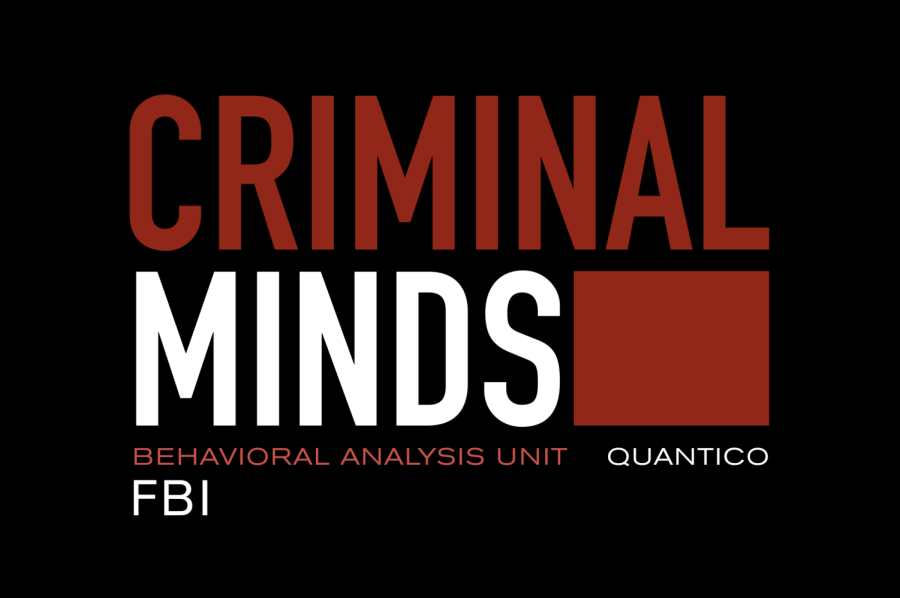The Problems with Mental Health Representation in TV Media
Every night last summer, I would sit on the couch watching Criminal Minds, and although the show is entertaining to watch, one thing that always irked me about it is how inaccurately mental illnesses are portrayed in the show.
Television is an integral part of how we see the world around us. The representation of topics, like mental health, is an important responsibility of the entertainment industry that shouldn’t be overlooked. Since the 90s, when politics were focused on the deinstitutionalization of health treatment (mental health included), the entertainment industry has fed off the stigma surrounding mental illness. According to studies by the Integrative Life Center, inaccuracy portrayed in the media can “reinforce negative stigmas held by society” of mental illness, especially when violence is involved and “belies the complex relationship between criminality and mental illness”, according to Very Well Mind.
If the affected character is the protagonist, the depiction of their mental illness is only to show the possible benefits and we often don’t see many downsides, if any. Antagonists, on the contrary, are usually deemed dangerous with no other traits outside of their mental state as a cause of their misdeeds.
Criminal Minds focuses on the latter. Often, the unsub (“unidentified subject”, their term for the suspect) suffers from something like schizophrenia, obsessive-compulsive disorder (OCD), dissociative identity disorder (DID), etc. While it makes for a compelling story, this likelihood is questionable. According to Recovery Village, 90% of people diagnosed with DID were abused in childhood. Abuse victims are more likely to be victims of abuse again instead of abusers later in life as opposed to those who weren’t abused (Office for National Statistics, UK). While not impossible, the trope of the abused becoming the abuser is not supported by the data.
Another show that I watched when I was younger is Monk. Adrian Monk is a former police detective, who works as a private consultant for his former employer. Mr. Monk has OCD, which causes him to notice small details overlooked by others. Again, while it makes for good television, his compulsions are shown to be more humorous than debilitating and only show the “benefits” of OCD while glossing over its impact on the character much beyond that. However, OCD can severely impact the quality of life negatively for those who suffer from it and it is the tenth “leading cause of disability of all medical conditions”, according to a study done by National Center for Biotechnology Information.
There are, however, some examples of more accurate representations of mental illness in television. Bojack Horseman is a recent show that deals with some pretty heavy topics, as Bojack struggles with depression. But, unlike the other shows I’ve mentioned, it does a good job of representing mental illnesses, like depression. The animated show centers around an anthropomorphic horse actor, Bojack, who attempts to step back into fame after fading popularity. Throughout the show, we see how his self-destructive behavior affects his relationships–for better or for worse–and the subsequent internal dialogue of self-hatred. After watching just one season, I was able to tell that there is a lot of depth to these characters and their motivations. This show manages to create a compelling story without romanticizing or dehumanizing mental illness. Bojack Horseman provides an example of how mental illness should be portrayed on television; while these conditions are constantly looming, there are still other attributes behind a person’s character.
According to the Integrative Life Center, there are several things people can do to improve the accuracy of how mental illness is represented. Simply talking about it can help; open discussion allows people to understand mental illness more by encouraging the asking of questions, especially young people. Another method is to use person-centered language, avoiding the use of mental illness as a defining characteristic and instead as a descriptor. An example would be instead of “a schizophrenic”, use “a person living with schizophrenia”. Lastly, I think simply supporting entertainment that has accurate depictions of mental illness can go a long way by making more people aware and understanding of how harmful stereotypes are prevalent in TV shows.





























